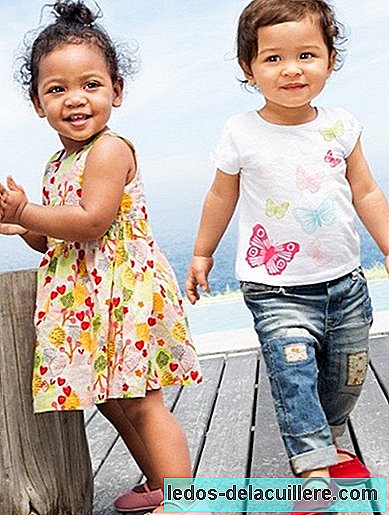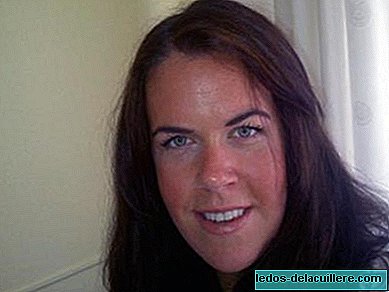
According to the World Health Organization, the best milk for a baby is that of his mother, followed by donated human milk, especially if he is sick or premature. Such is the demand that a long time ago that many moms started looking at those white freezer sachets as a source of income. Given that a liter of "liquid gold" can be sold over the net for more than 100 euros, it turns out that The sale of breast milk is a very profitable business, but also very dangerous.
And what about breast milk banks? They are public, they are integrated into blood and tissue banks that they distribute to hospitals in their community or managed by the hospitals themselves. Donors are moms who, altruistically, without charging a single euro, offer their milk for babies who need it, usually premature or sick. In these cases, breast milk becomes a real life-saving medicine. But what happens if my child is not hospitalized and cannot access the official human milk banks? Well, parents, in their attempt to offer their child what they think is best, end up going to options not recommended.
On the websites and buy-sell applications you can read messages like this: "23-year-old healthy woman sells breast milk extracted the same day". Some vendors even apply marketing techniques that extol the virtues of their product: "My son weighs ten kilos with only six months," he says.

In the United States, they have even specialized and sites like www.onlythebreast.com offer vegan milk, gluten-free and even "paleo". The thing could even have its grace if the health of babies was not at stake.

Why is it not safe to buy breast milk online?
- Because not everyone is online who says he is: For many photos that put the mother with the face of not having broken a plate surrounded by plump babies, nobody guarantees that what you are buying does not come from a woman with AIDS, hepatitis or syphilis, who has consumed alcohol or drugs, etc ... elements They pass the baby through the milk.
- Because, even if the woman is healthy, something may have failed in the extraction / conservation / transport process of milk In official banks they provide the material and teach women how to safely pump milk. The hygiene must be extreme and the sample frozen almost immediately at -20 degrees Celsius. The transport must be done without breaking the cold chain and, once the bank, the liquid is subjected to microbiological cultures and a pasteurization process that eliminates all potentially harmful bacteria for our baby. How can we make sure that the mom who puts her ad online has taken all these precautions?
- Because it might not even be breast milk: A study published in the journal Pediatrics revealed that 11% of the milk samples (102) analyzed contained cow's milk, something that can be very harmful for a baby, who is not able to assimilate animal milk until more or less the year, as well as dangerous in case of allergy or intolerance. Another study showed that most of the milk sold in the United States is contaminated.
What do the official bodies say?
In Spain there is no regulation on this practice, so it is not illegal to buy and sell breast milk but also not recommended according to the Spanish Association of Pediatrics, which says on its website: “Internet breast milk is far from being an ideal alternative " Less subtle, agencies such as the Food and Drugs Administration (FDA) or the American Academy of Pediatrics warn about the risks of this practice and advise against it, due to the alarming increase in this business both in the United States and in Canada.
And what alternatives are left?
Well, for now the best option for moms who cannot breastfeed their babies is formula milk. Future options could involve regulating the creation of private milk banks that meet all guarantees or that public milk banks offer the possibility of supplying surplus milk to healthy children. The sale of breast milk is a very profitable business, but also very dangerous.












